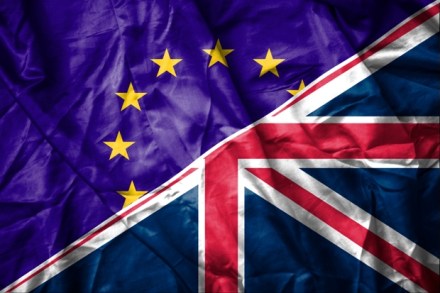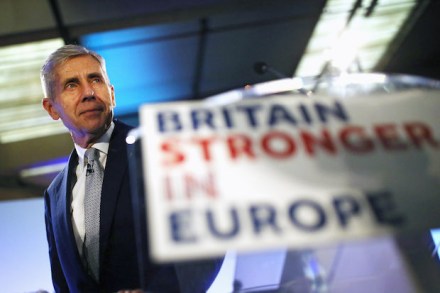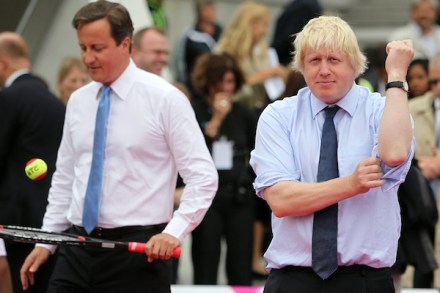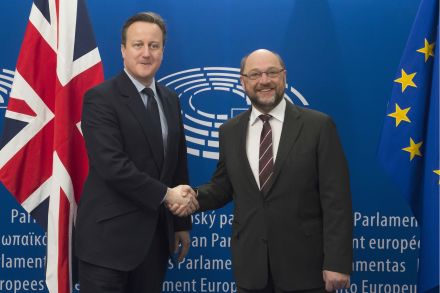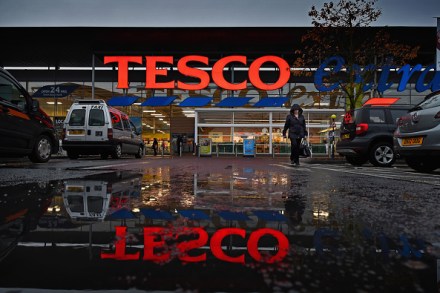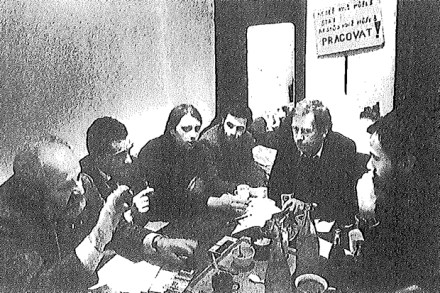A conservative case for staying in
I open a dusty binder and look at my yellowing Spectator articles from Poland, Germany and Russia in the dramatic 1980s. And here’s one from Brussels in 1986, suggesting that Britain was edging towards finding its role in the European Community. Ho ho. Back then, Charles Moore was the editor and I was the foreign editor of this magazine. He shared my passion for the liberation of eastern Europe, while becoming increasingly dissatisfied with the western European Community, but he let me make the case for it. Now, 30 years on, Charles and I stand on different sides of a historic national argument. This makes for a curious role reversal.
